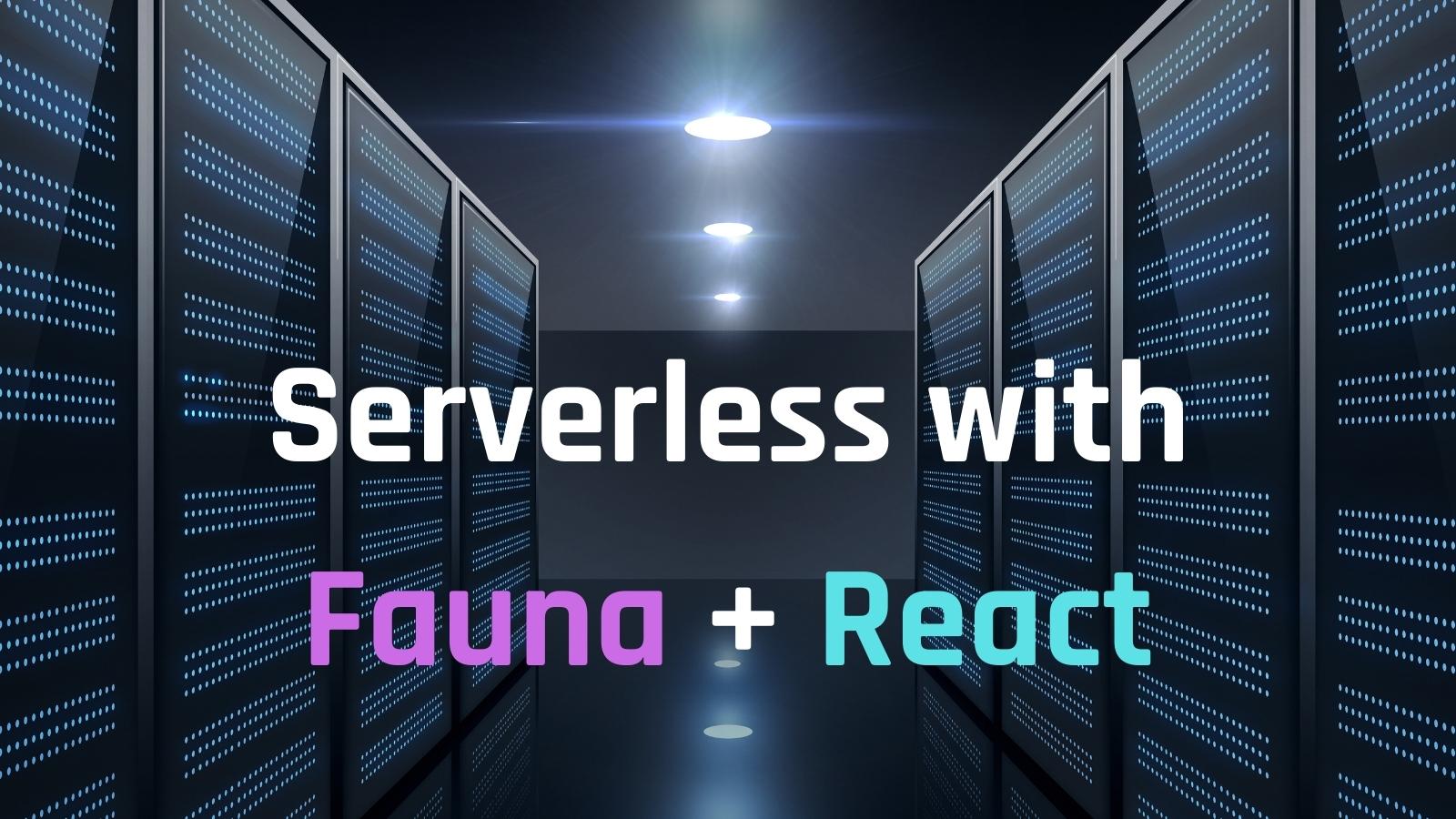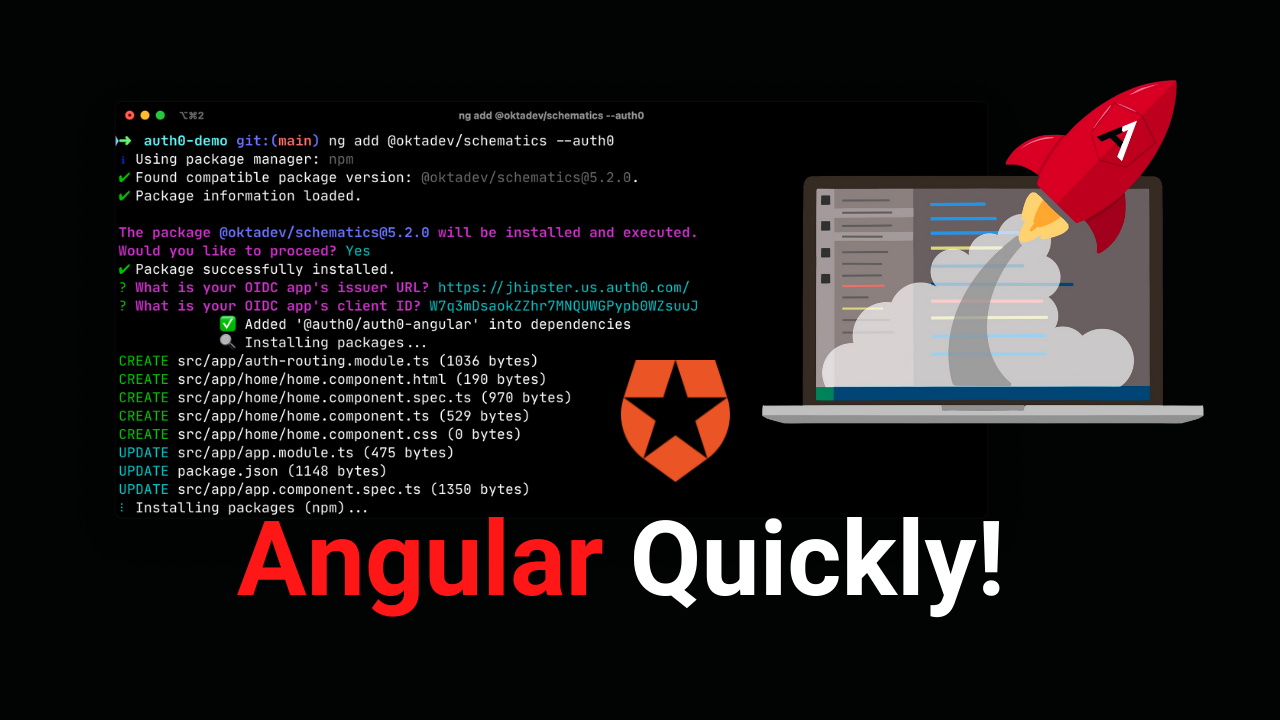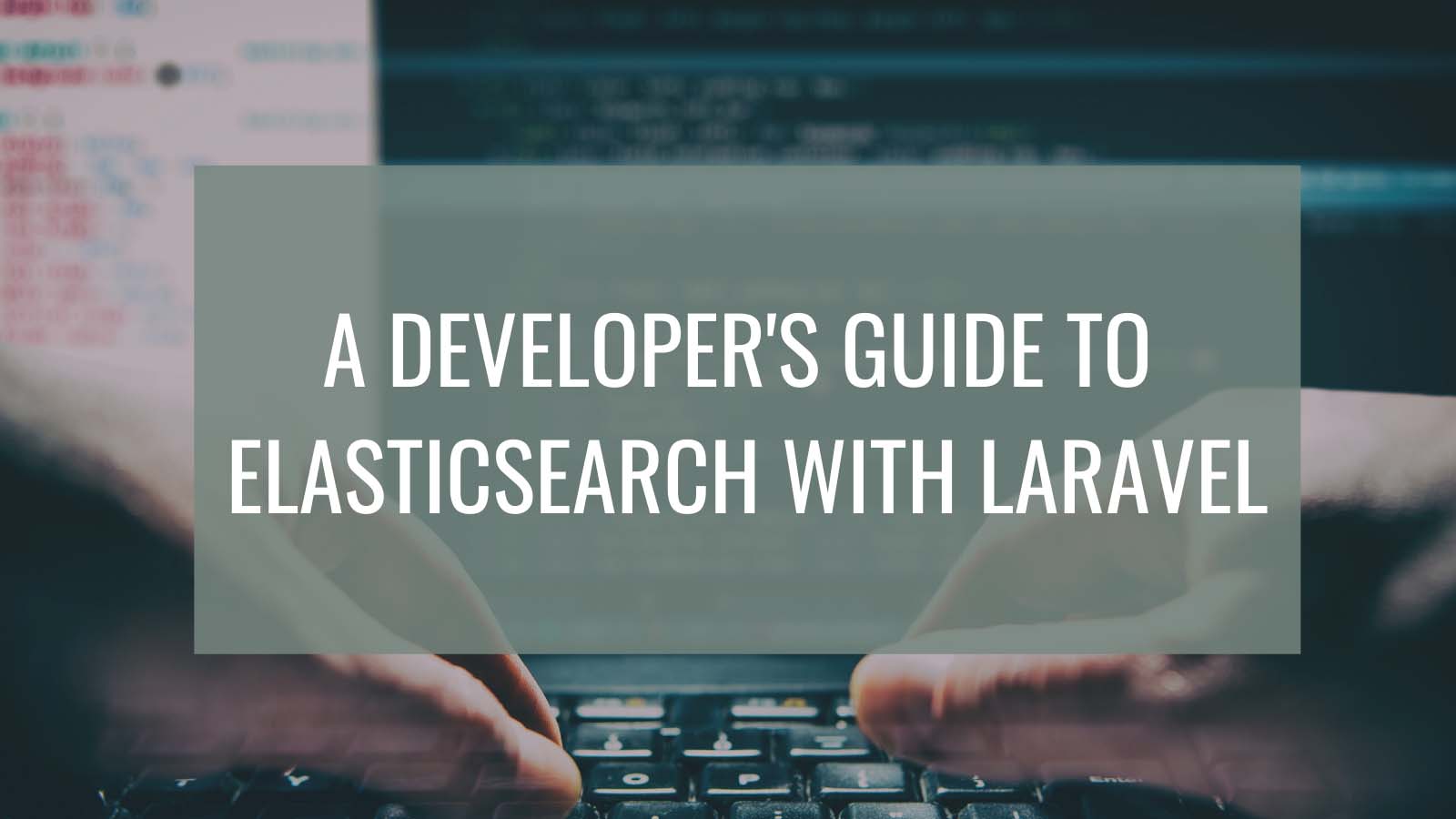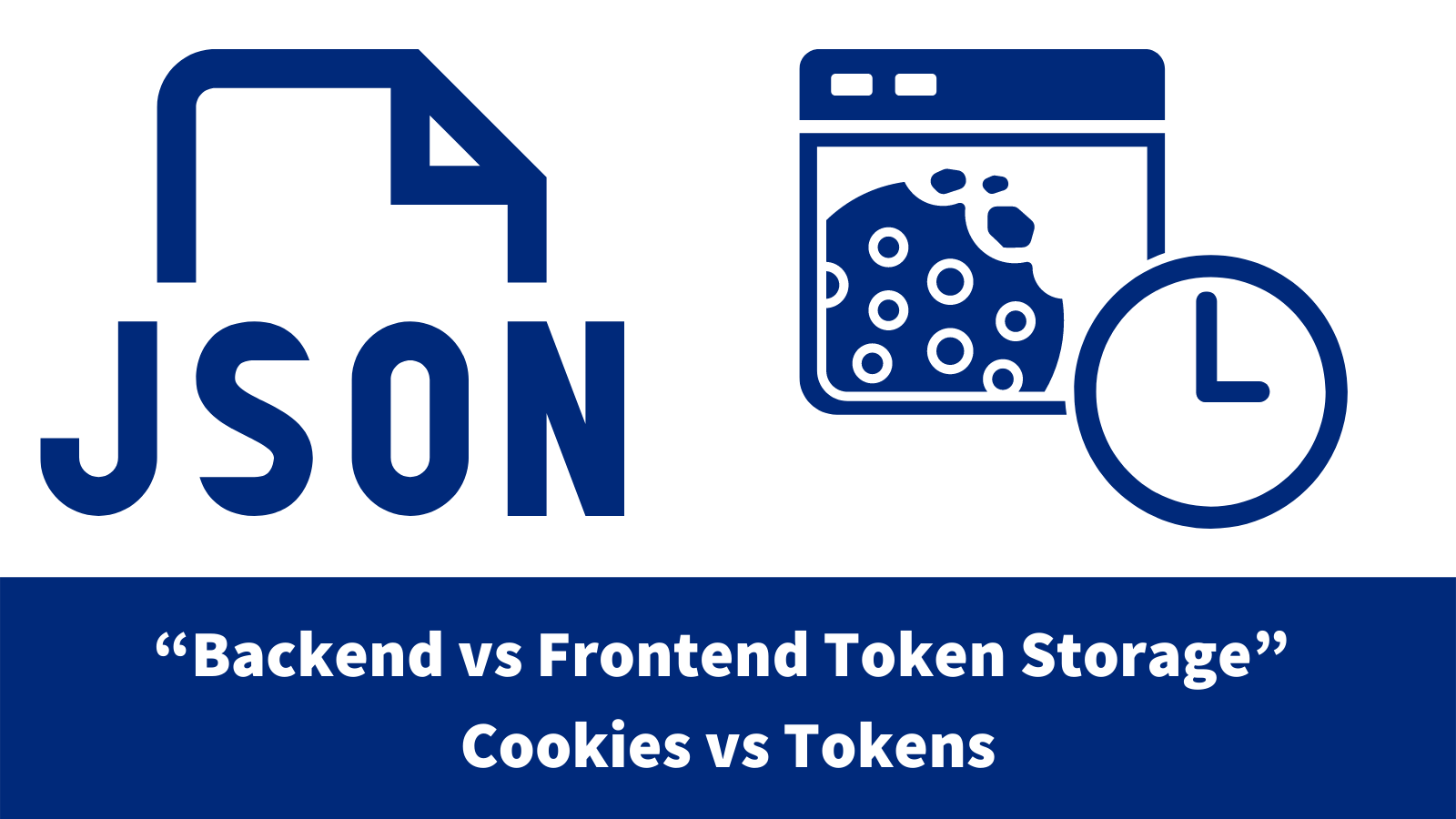JHipster Community Survey Results

This post is syndicated from the JHipster community blog on dev.to. The Okta DevRel team thought you’d find it insightful. Okta is the platinum sponsor of the JHipster project. Several weeks ago, we launched the JHipster Community Survey. The goal was to get feedback from the community about the most useful features and components, things that are missing, and where we should focus our attention to make the project even better for everyone. We got...
A Quick Guide to Elasticsearch with Spring Data and Spring Boot

You’ve probably heard of Elasticsearch or the Elastic Stack. The project started as a search engine based on Lucene, an open-source search engine library built by Shay Banon to index his wife’s cooking recipes. Since its early days, Elasticsearch has come a long way and has evolved into the Elastic Stack, a great suite for taking data from any source, in order to search, analyze, and visualize it in near real-time. Elasticsearch is a distributed...
Create a Secure Serverless Application with FaunaDB

Fauna is a transactional database that is delivered to your application as a secure cloud API. Fauna hosts your database and then allows your application to make calls against it. Typically, to secure such an API, you would establish a relationship between your users and the database in your code. This would mean signing in your users using your authentication provider, in this case, Okta. Then you would need to convert that user to an...
Add OpenID Connect to Angular Apps Quickly

AngularJS 1.0 was released in October 2010. At the time, it was considered one of the most revolutionary and popular web frameworks ever to see the light of day. Developers loved it, and created many apps with it. However, as a pioneer in the JS framework space, AngularJS had some growing pains and significant issues. The team went back to the drawing board for a major breaking release with Angular 2. It took two years...
Comparison of Dependency Injection in .NET

Why you should care about dependency injection Dependency injection is a tried and proven design pattern for producing code that is testable, readable, and reusable. This is achieved by creating (or increasing) a separation of concerns, where each class has a dedicated area of responsibility. Dependency injection is just one design pattern used to achieve inversion of control in which the calling code, or client, has no knowledge of the inner workings of the dependency,...
A Developer's Guide to Elasticsearch with Laravel

Elasticsearch is a search engine that can be integrated into any of your tech stacks using its REST APIs and its wide selection of libraries. By installing and integrating Elasticsearch into your system, you can add a search engine to your website, add autocomplete functionalities, use its machine learning functionalities to perform analysis on your data and provide better results for your users, and much more. In this tutorial, you’ll learn how to integrate Elasticsearch...
A Comparison of Cookies and Tokens for Secure Authentication

Access control in websites and web applications is a top priority for security, but how you set up access depends on how you store the data to be authenticated. This, in turn, enables user authorization. Cookies and tokens are two common ways of setting up authentication. Cookies are chunks of data created by the server and sent to the client for communication purposes. Tokens, usually referring to JSON Web Tokens (JWTs), are signed credentials encoded...
How to Build a Website With Eleventy

11ty is a fantastic tool for quickly creating static sites using a variety of templating languages. 11ty makes designing and developing static sites simple. It supports HTML, Markdown, JavaScript, Nunjucks, Handlebars, and many other template styles, along with built-in support for layouts, pagination, and slugify. 11ty aims to compete against other frameworks such as Jekyll, Hugo, Hexo, Gatsby, and Nuxt. The framework is indeed as simple and powerful as its creators claim. This tutorial will...
Better Integration Testing With Spring Cloud Contract

Spring Cloud Contract was created as a way to help test interconnected microservices. Generally speaking, there are two options when testing microservices: 1) you can deploy the entire mesh of services in your integration tests and test against that, or 2) you can mock each service in your integration tests. Both of these options have serious drawbacks. The first, deploying the entire mesh of microservices for testing, has the obvious drawback of being difficult, if...
Three Ways to Run Your Java Locally with HTTPS

If you’re developing a web application, chances are you want your dev environment as close to production as possible. One of the often-overlooked differences between local development and production servers is the use of Transport Layer Security (TLS), or Hypertext Transfer Protocol Secure (HTTPS). In this post, I’ll cover three different options to get your local Java app running with TLS in no time! Table of Contents Start with a simple Java application HTTPS using...